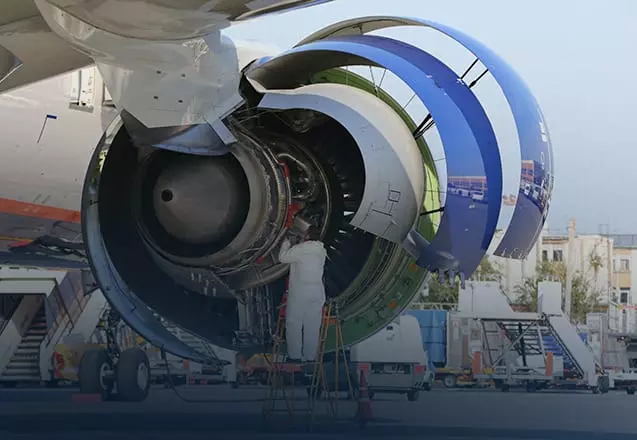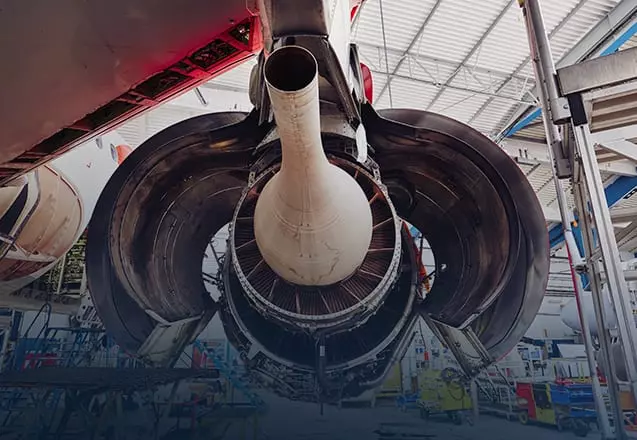In this article we will go deep into one specific industry – Global Engineering Services” and use it as an example to conclude that there is no “one size fits all” solution for managing soft-skills. Soft-skills get developed and matured in the course of time and a soft-skills practitioner has to deal with “Variance”- lots
The current business scenario is very demanding with a continuous demand from the market forces to reduce the product price. The pricing as demanded by the market, forces the businesses to reduce product development and manufacturing costs to remain competitive. Value Analysis & Value Engineering (VAVE) methods are very important and useful in driving down
In designing and building Test Rigs for commercial aircraft, DFSS provides a rigorous, proactive, and systematic methodology to integrate customer requirements with the Right First Time design approach and provides the ability to incorporate performance characteristics into the product development processes. It also provides the essential parameters to achieve product excellence by measuring, verifying, and
Product engineering is a challenging business. It is driven by very high volume and low margin just like businesses in all other segments like oil and gas, paper and pulp, medical, mining, marine, power, energy, or cement. Most of the sales of a new product happen during the first three months of its introduction. Customers
This white paper considers the challenges of turbine active clearance control and proposes a unique approach in reducing the tip clearance control of a civil aircraft engine. The algorithm proposed in this paper can be incorporated in the engine Digital Engine Control Unit (DECU) so that Active Clearance Control (ACC) systems can be more accurate
The engineering services industry has reaped success from outsourcing and globalization in recent years. One of the critical factors for achieving outsourcing success is identifying and assessing an engineering services partner who can meet an original equipment manufacturers’ (OEM’s) needs in all the markets it serves. Evaluations based on qualities such as an outsourcing partner’s
A traditional practice in the rotor dynamics analysis is to use beam models for both the lateral and the torsion analysis. Such an analysis limits the capabilities for the modern day design of high-speed machinery. The beam type one-dimensional models require good modeling techniques to approximate the three dimensional rotors. An analysis of this type
Maintainability assessment of an engine or unit helps in identifying and validating whether or not the actual design of an engine or unit meets the maintainability characteristics. Maintainability assessment is an important requirement while designing an aircraft engine because it determines whether Line Replaceable Units (LRUs) can be accessed for replacement or periodic inspection or
The heat transfer calculations for turbine flows are known to have a substantial degree of uncertainty. Therefore experimental verification of analytical predictions is needed. Properly done, metal temperature measurements could inform a designer about the existence of under-cooled or over-cooled locations, suggesting possible opportunities to improve engine thermodynamic and durability characteristics. The authors analyzed the
This paper investigates the accuracy of Uniform Crystal Temperature Sensors (UCTS) under transient conditions and describes a methodology for addressing sources of systematic error based on the findings. The study applies to the important task of thermal mapping of critical turbine parts during the engine development phase, for which UCTS is particularly well suited. A














